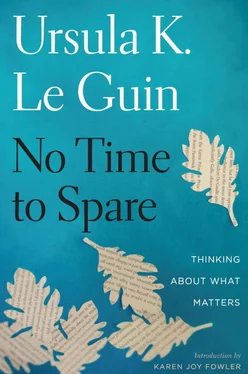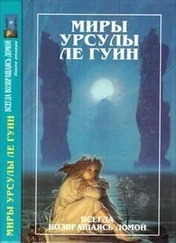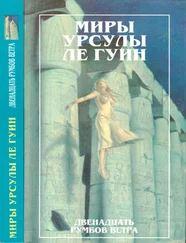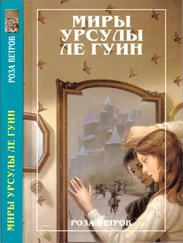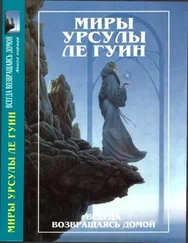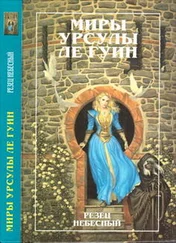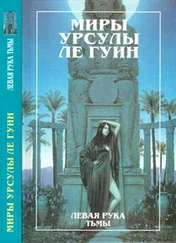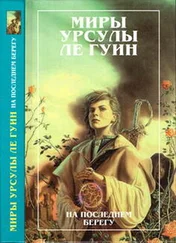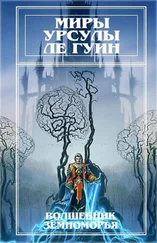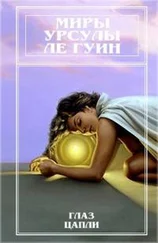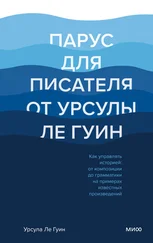In the War of Good vs. Evil there can be divine or supernal justice but not human tragedy. It is by definition, technically, comic (as in The Divine Comedy ): the good guys win. It has a happy ending. If the bad guys beat the good guys, unhappy ending, that’s mere reversal, flip side of the same coin. The author is not impartial. Dystopia is not tragedy.
Milton, a Christian, had to take sides, and couldn’t avoid comedy. He could approach tragedy only by making Evil, in the person of Lucifer, grand, heroic, and even sympathetic—which is faking it. He faked it very well.
Maybe it’s not only Christian habits of thought but the difficulty we all have in growing up that makes us insist justice must favor the good.
After all, “Let the best man win” doesn’t mean the good man will win. It means, “This will be a fair fight, no prejudice, no interference—so the best fighter will win it.” If the treacherous bully fairly defeats the nice guy, the treacherous bully is declared champion. This is justice. But it’s the kind of justice that children can’t bear. They rage against it. It’s not fair!
But if children never learn to bear it, they can’t go on to learn that a victory or a defeat in battle, or in any competition other than a purely moral one (whatever that might be), has nothing to do with who is morally better.
Might does not make right—right?
Therefore right does not make might. Right?
But we want it to. “My strength is as the strength of ten because my heart is pure.”
If we insist that in the real world the ultimate victor must be the good guy, we’ve sacrificed right to might. (That’s what History does after most wars, when it applauds the victors for their superior virtue as well as their superior firepower.) If we falsify the terms of the competition, handicapping it, so that the good guys may lose the battle but always win the war, we’ve left the real world, we’re in fantasy land—wishful thinking country.
Homer didn’t do wishful thinking.
Homer’s Achilles is a disobedient officer, a sulky, self-pitying teenager who gets his nose out of joint and won’t fight for his own side. A sign that Achilles might grow up someday, if given time, is his love for his friend Patroclus. But his big snit is over a girl he was given to rape but has to give back to his superior officer, which to me rather dims the love story. To me Achilles is not a good guy. But he is a good warrior, a great fighter—even better than the Trojan prime warrior, Hector. Hector is a good guy on any terms—kind husband, kind father, responsible on all counts—a mensch. But right does not make might. Achilles kills him.
The famous Helen plays a quite small part in The Iliad. Because I know that she’ll come through the whole war with not a hair in her blond blow-dry out of place, I see her as opportunistic, immoral, emotionally about as deep as a cookie sheet. But if I believed that the good guys win, that the reward goes to the virtuous, I’d have to see her as an innocent beauty wronged by Fate and saved by the Greeks.
And people do see her that way. Homer lets us each make our own Helen; and so she is immortal.
I don’t know if such nobility of mind (in the sense of the impartial “noble” gases) is possible to a modern writer of fantasy. Since we have worked so hard to separate History from Fiction, our fantasies are dire warnings, or mere nightmares, or else they are wish fulfillments.
I don’t know any war story comparable to The Iliad except maybe the huge Indian epic the Mahabharata. Its five brother-heroes are certainly heroes, it’s their story—but it’s also the story of their enemies, also heroes, some of whom are really great guys—and it’s all so immense and complicated and full of rights and wrongs and implications and gods who interfere even more directly than the Greek gods do—and then, after all, is the end tragic or is it comic? The whole thing is like a giant cauldron of ever-replenished food you can dive your fork into and come out with whatever you need most to nourish you just then. But next time it may taste quite different.
And the taste of the Mahabharata as a whole is very, very different from that of The Iliad, above all because The Iliad is (unjust divine intervention aside) appallingly realistic and bloodthirstily callous about what goes on in a war. The Mahabharata’s war is all dazzling fantasy, from the superhuman exploits to the superduper weapons. It’s only in their spiritual suffering that the Indian heroes become suddenly, heartbreakingly, heart-changingly real.
As for the Journey:
The actual travel parts of The Odyssey are related or ancestral to all our fantasy tales of somebody setting off over sea or land, meeting marvels and horrors and temptations and adventures, possibly growing up along the way, and maybe coming back home at the end.
Jungians such as Joseph Campbell have generalized such journeys into a set of archetypal events and images. Though these generalities can be useful in criticism, I mistrust them as fatally reductive. “Ah, the Night Sea Voyage!” we cry, feeling that we have understood something important—but we’ve merely recognized it. Until we are actually on that voyage, we have understood nothing.
Odysseus’s travels involve such a terrific set of adventures that I tend to forget how much of the book is actually about his wife and son—what goes on at home while he’s traveling, how his son goes looking for him, and all the complications of his homecoming. One of the things I love about The Lord of the Rings is Tolkien’s understanding of the importance of what goes on back on the farm while the Hero is taking his Thousand Faces all round the world. But till you get back there with Frodo and the others, Tolkien never takes you back home. Homer does. All through the ten-year voyage, the reader is alternately Odysseus trying desperately to get to Penelope and Penelope desperately waiting for Odysseus—both the voyager and the goal—a tremendous piece of narrative time-and-place interweaving.
Homer and Tolkien are both also notably honest about the difficulty of being a far-traveled hero who comes home. Neither Odysseus nor Frodo is able to stay there long. I wish Homer had written something about how it was for King Menelaus when he got home, along with his wife Helen, whom he and the rest of the Greeks had fought for ten years to win back, while she, safe inside the walls of Troy, was prissing around with pretty Prince Paris (and then when he got bumped she married his brother). Apparently it never occurred to her to send Hubby #1, Menelaus, down there on the beach in the rain, an email, or even a text message. But then, Menelaus’s family, for a generation or two, had been rather impressively unfortunate or, as we would say, dysfunctional.
Perhaps it isn’t only fantasy that you can trace right back to Homer?
A Much-Needed Literary Award
January 2013
I FIRST LEARNED about the Sartre Prize from “NB,” the reliably enjoyable last page of the London Times Literary Supplement, signed by J.C. The fame of the award, named for the writer who refused the Nobel in 1964, is or anyhow should be growing fast. As J.C. wrote in the November 23, 2012, issue, “So great is the status of the Jean-Paul Sartre Prize for Prize Refusal that writers all over Europe and America are turning down awards in the hope of being nominated for a Sartre.” He adds with modest pride, “The Sartre Prize itself has never been refused.”
Newly shortlisted for the Sartre Prize is Lawrence Ferlinghetti, who turned down a fifty-thousand-euro poetry award offered by the Hungarian division of PEN. The award is funded in part by the repressive Hungarian government. Ferlinghetti politely suggested that they use the prize money to set up a fund for “the publication of Hungarian authors whose writings support total freedom of speech.”
Читать дальше
